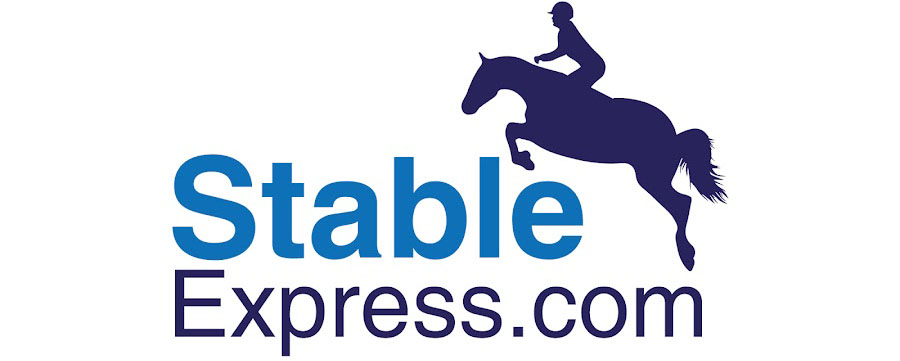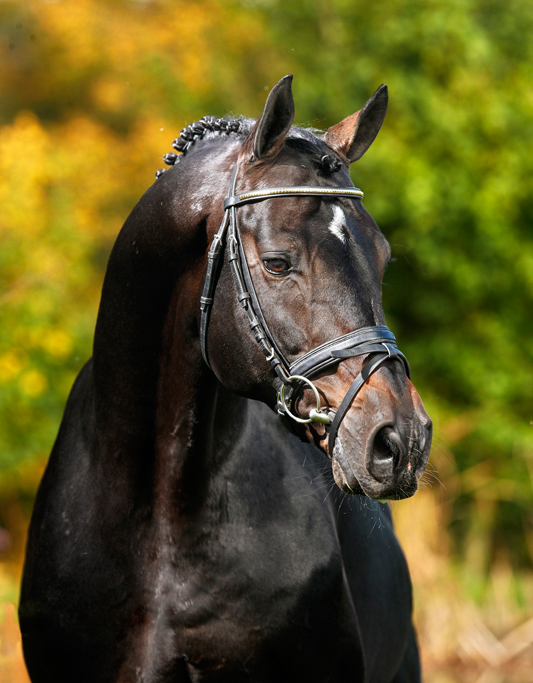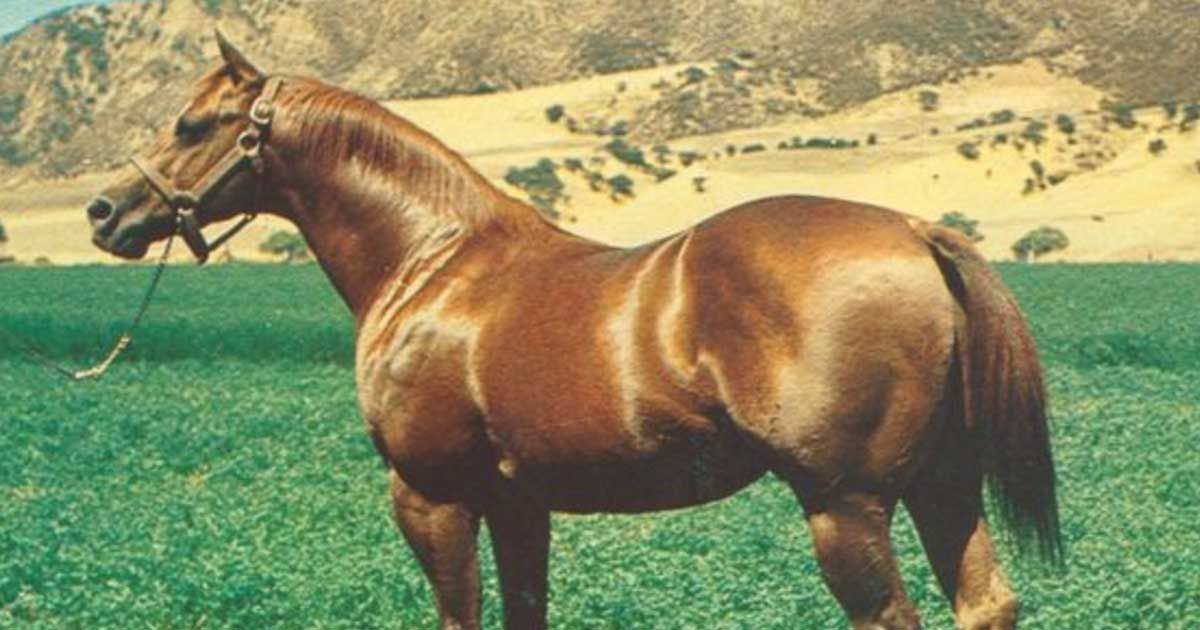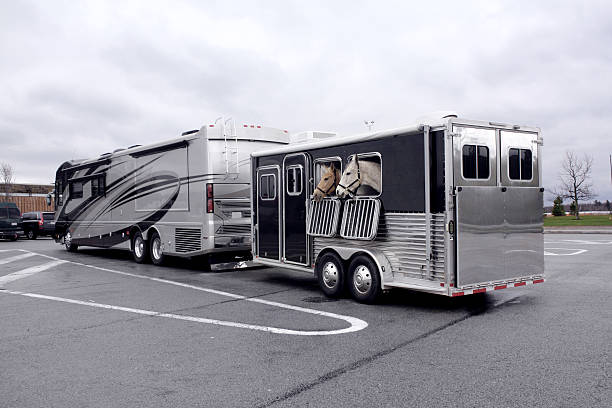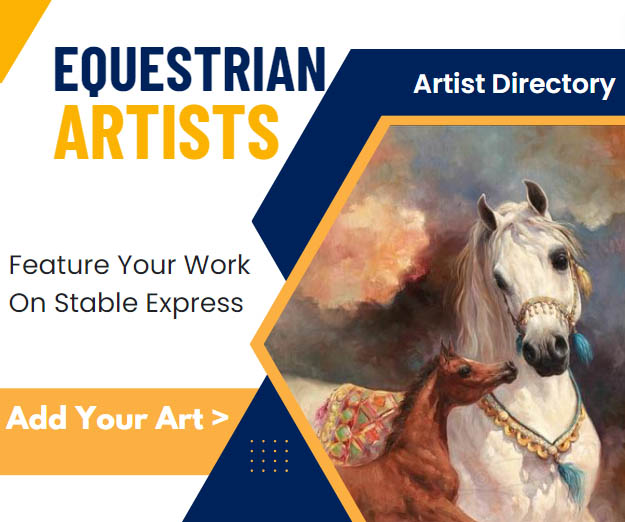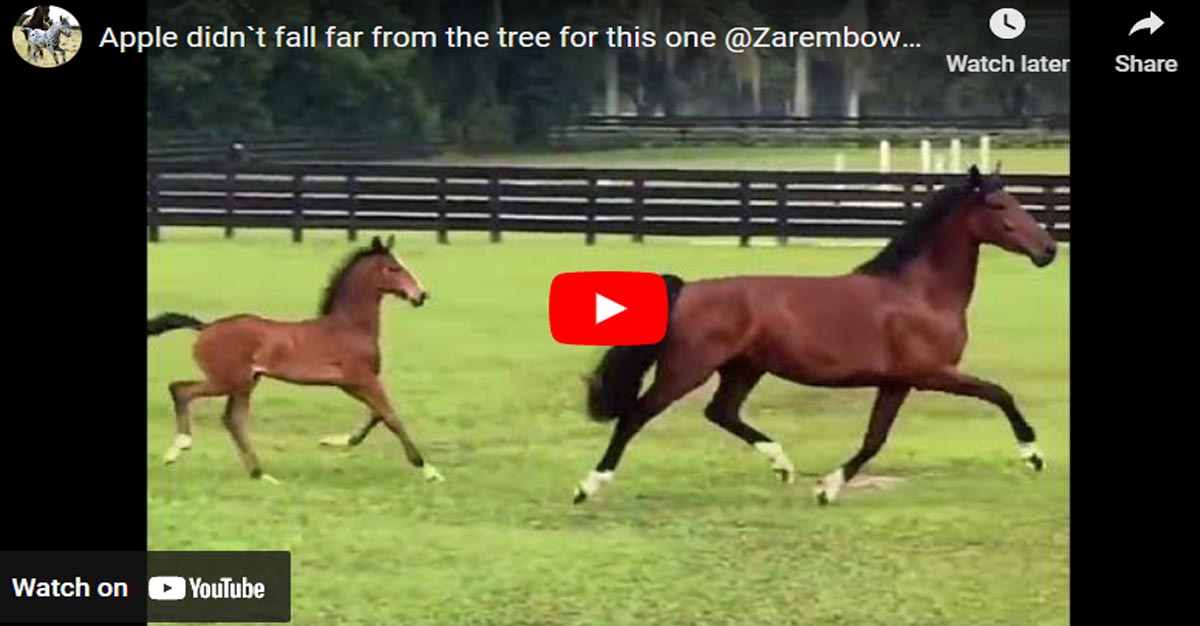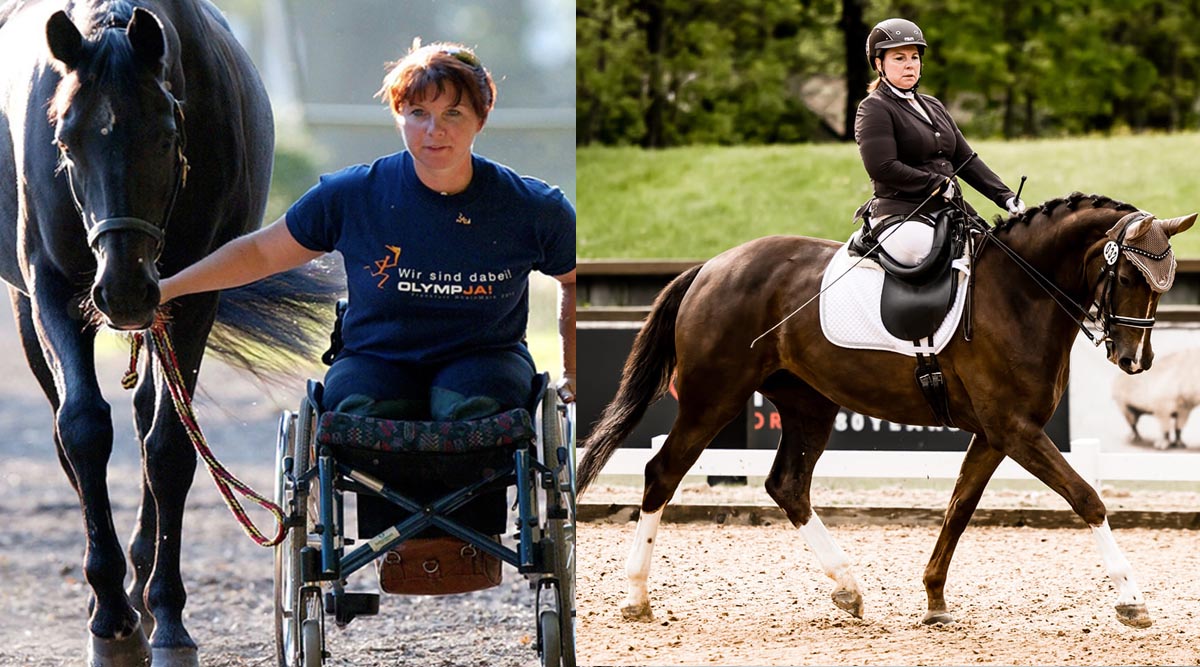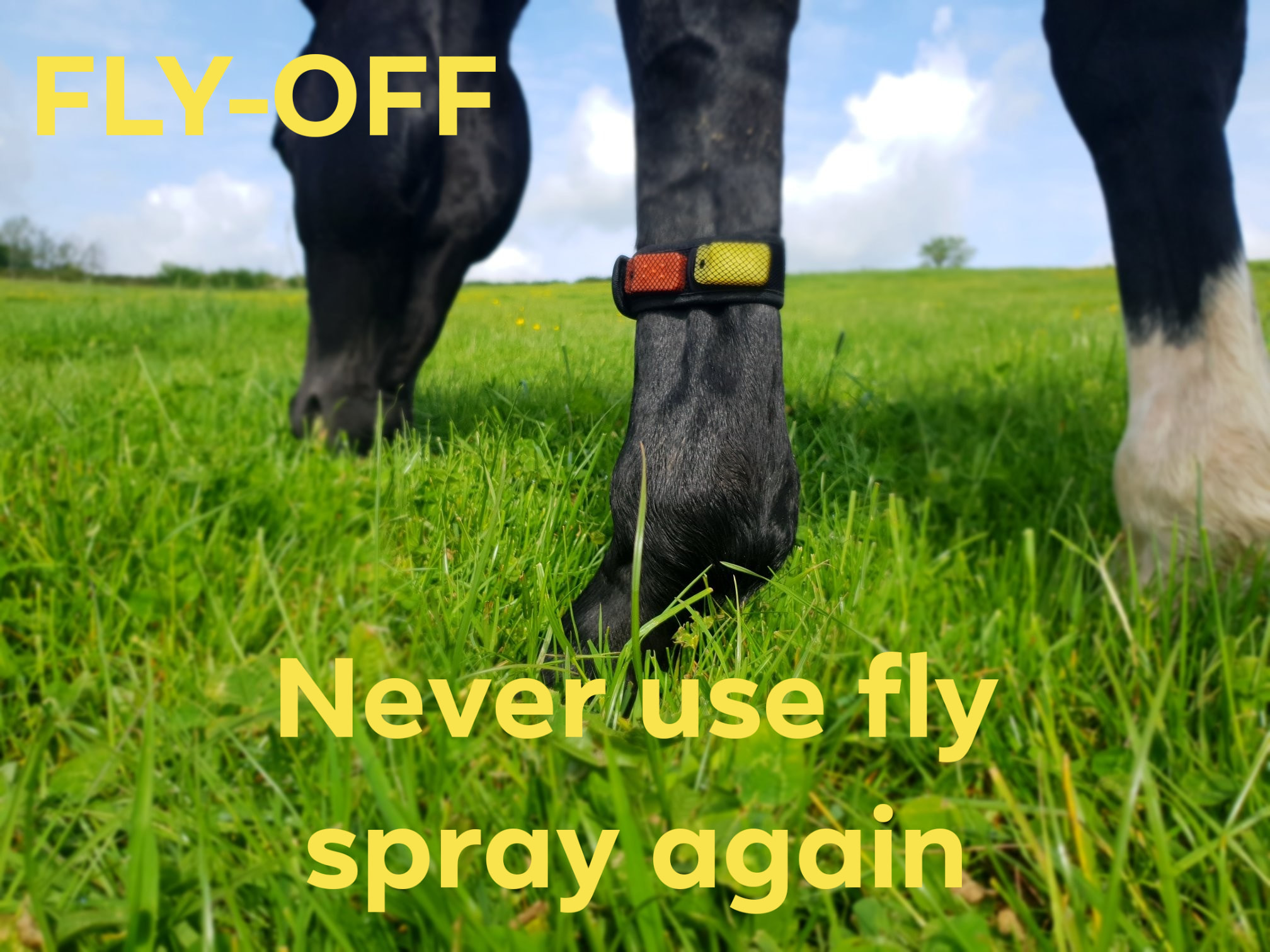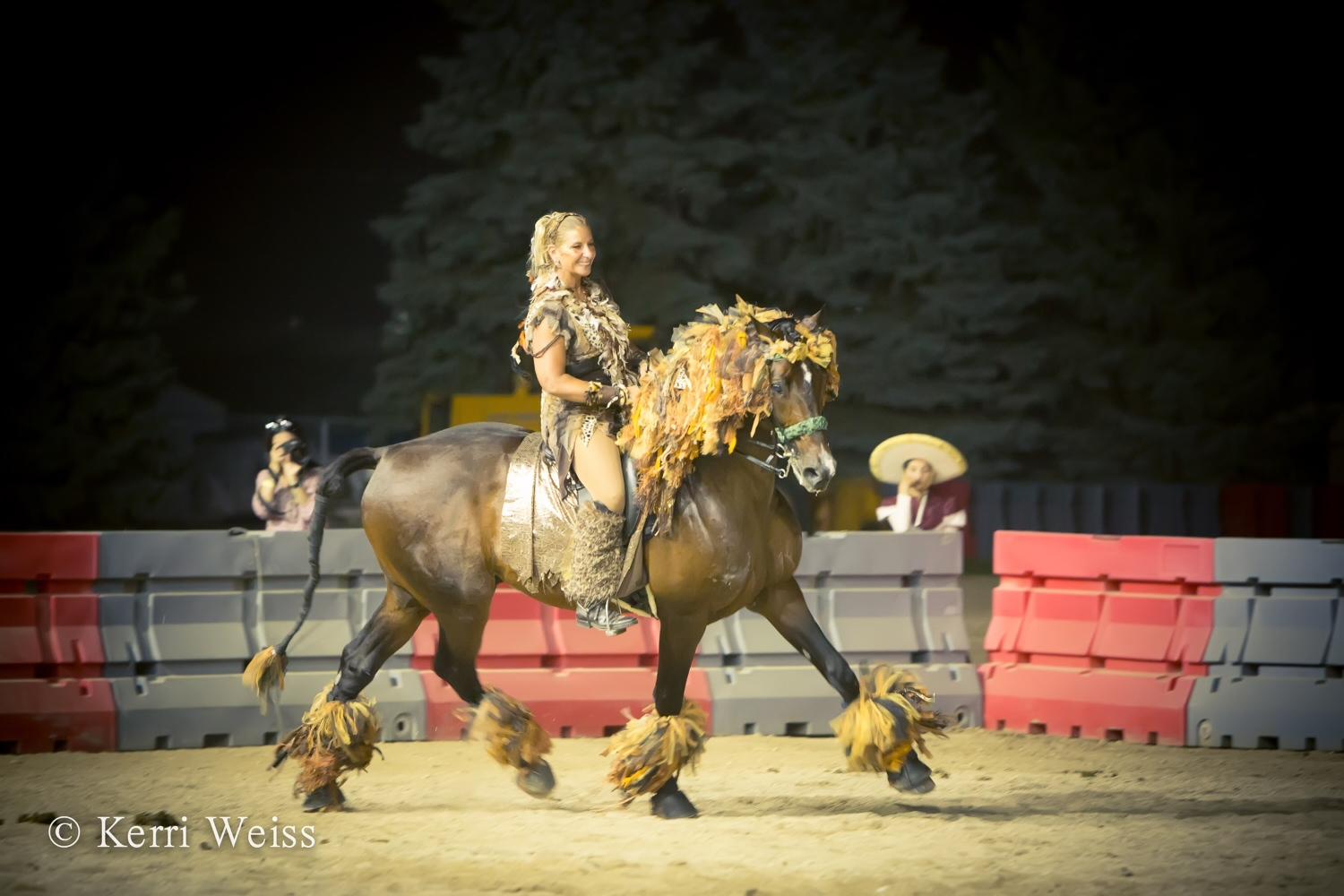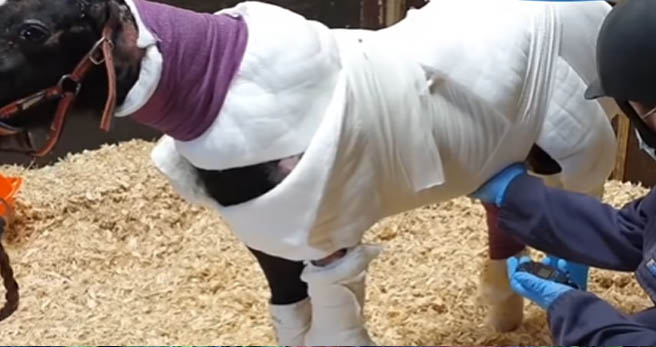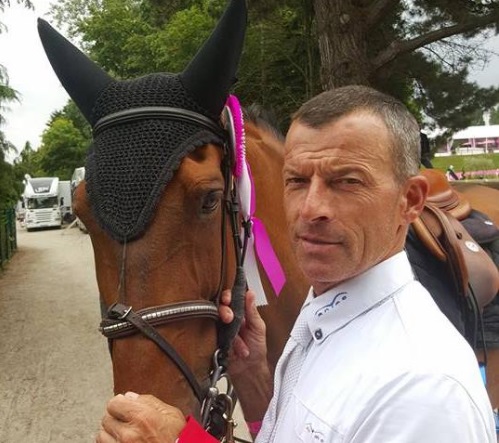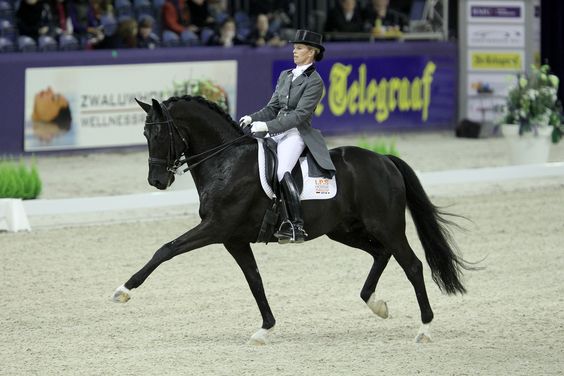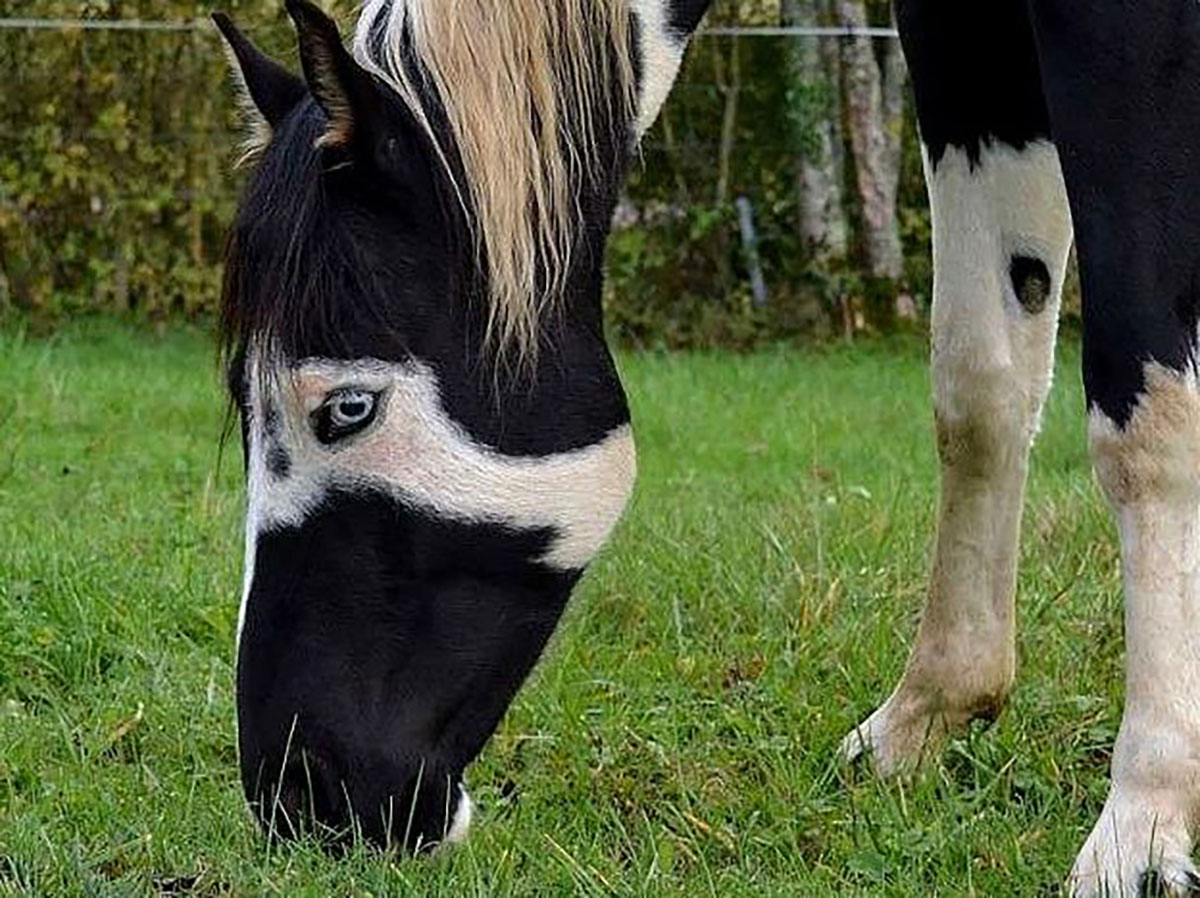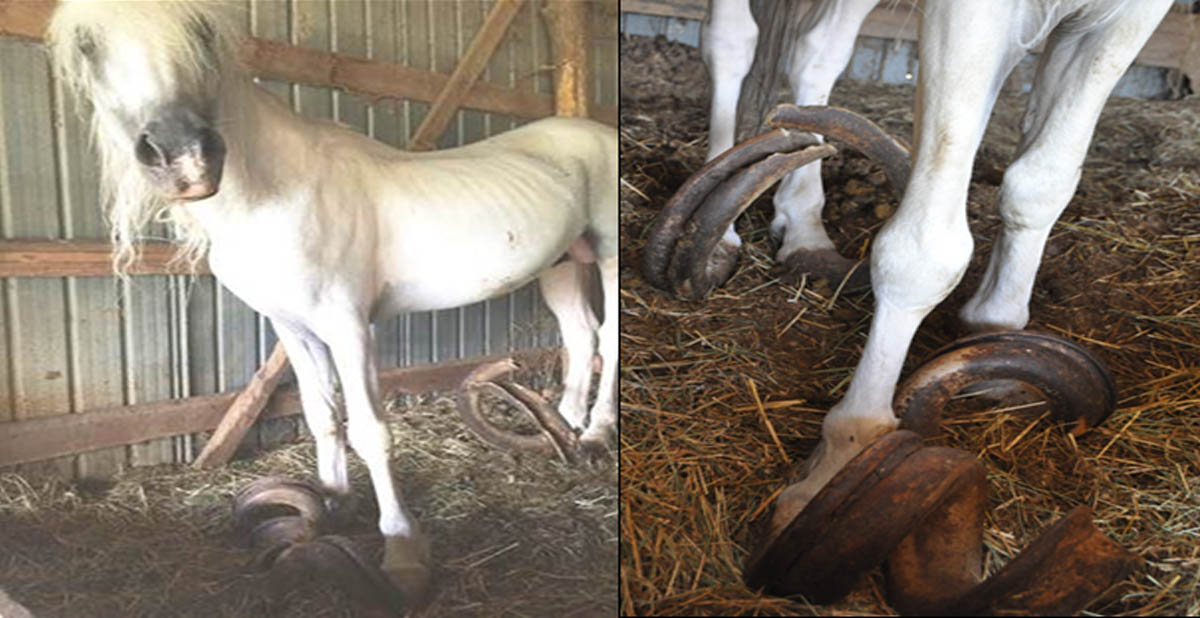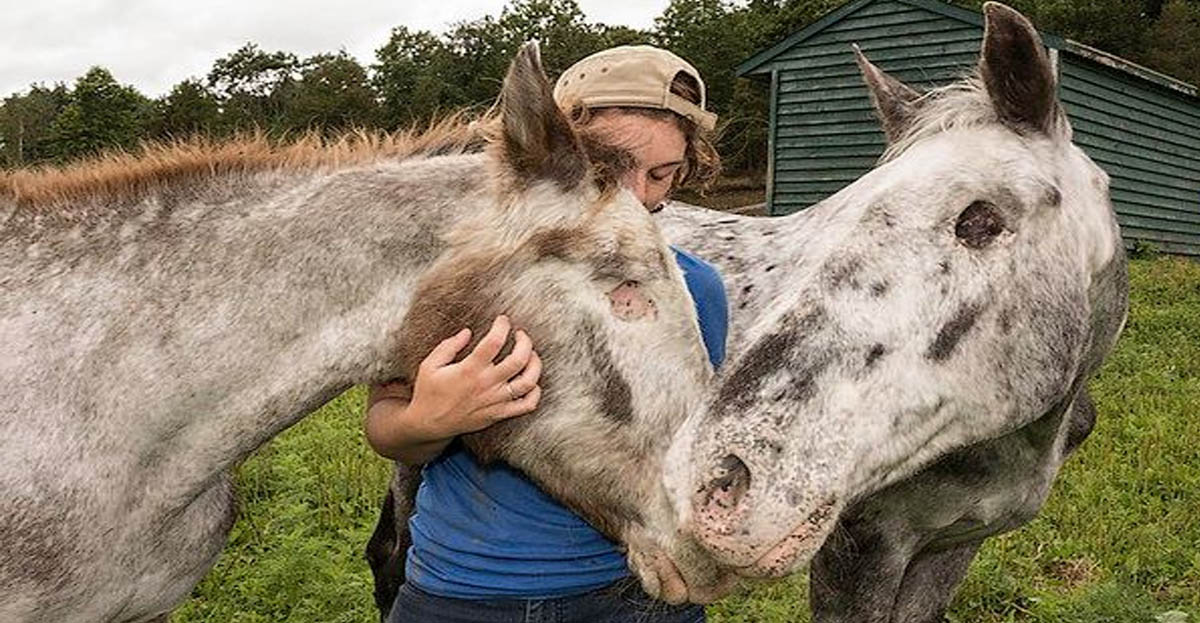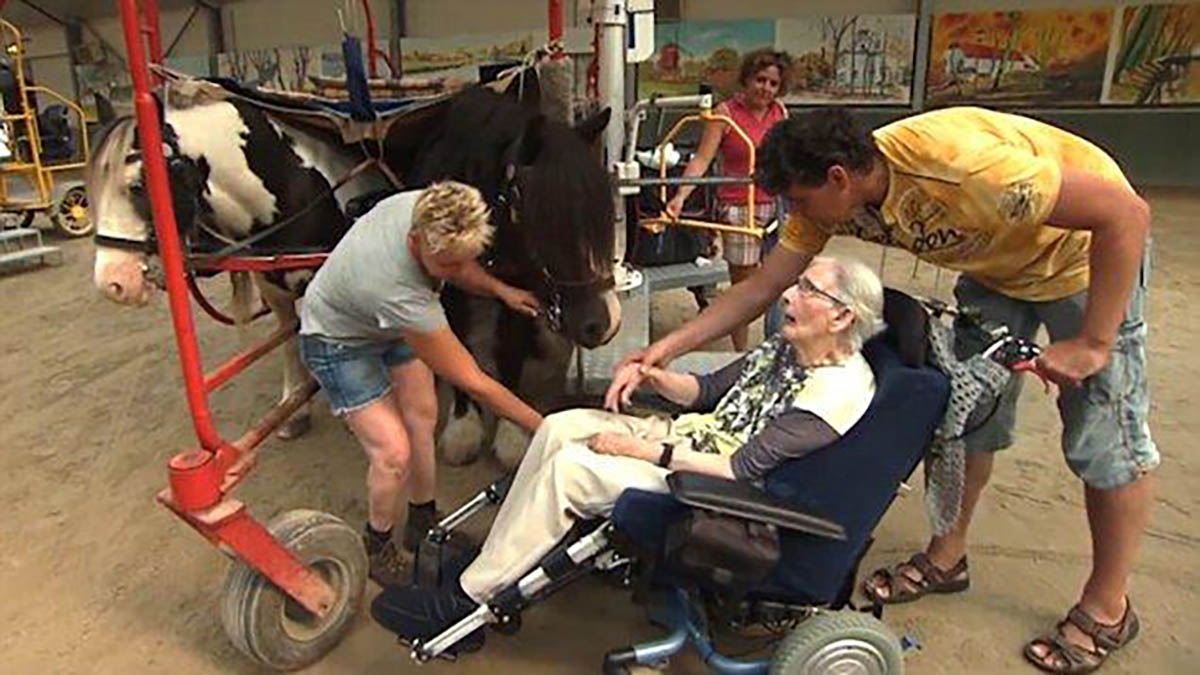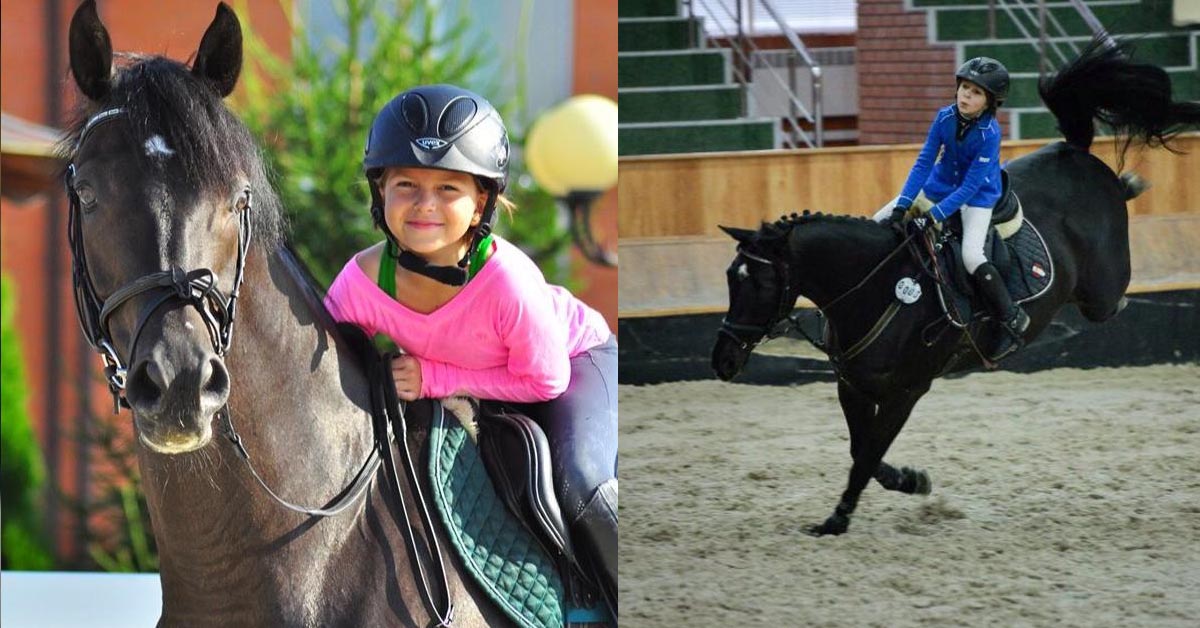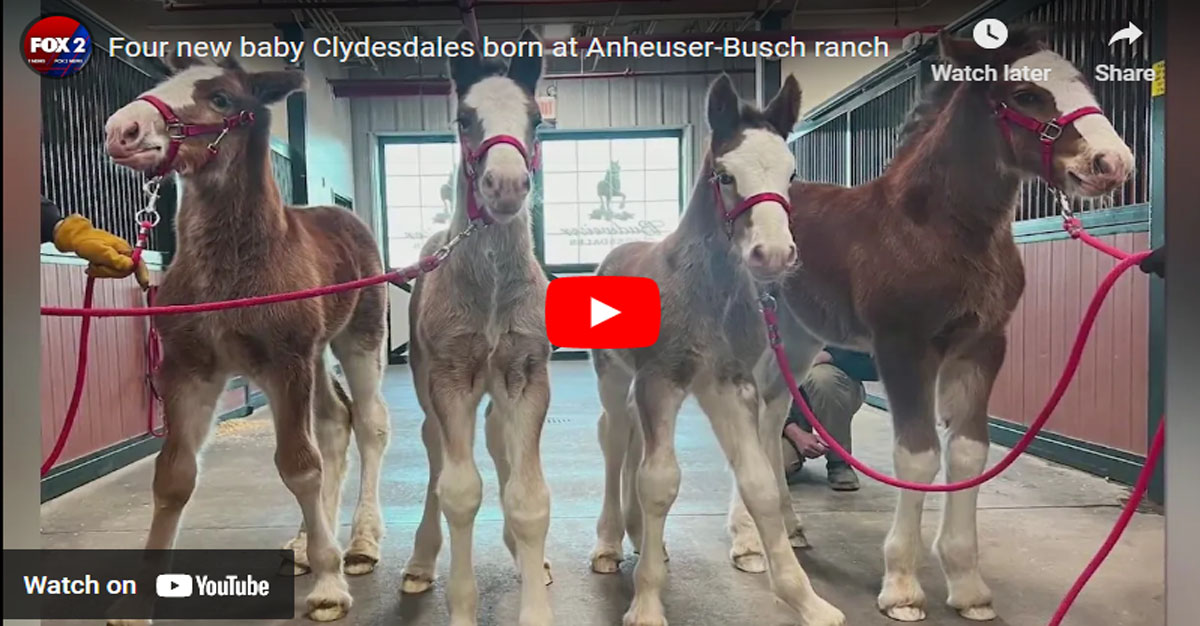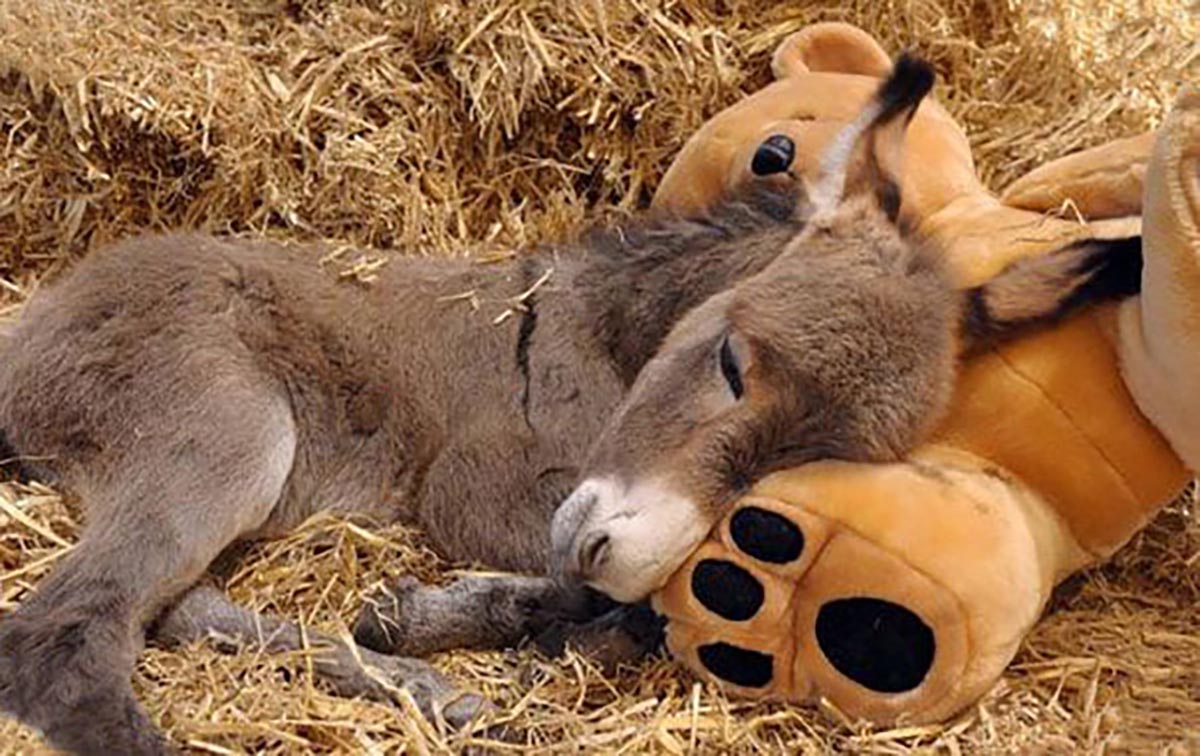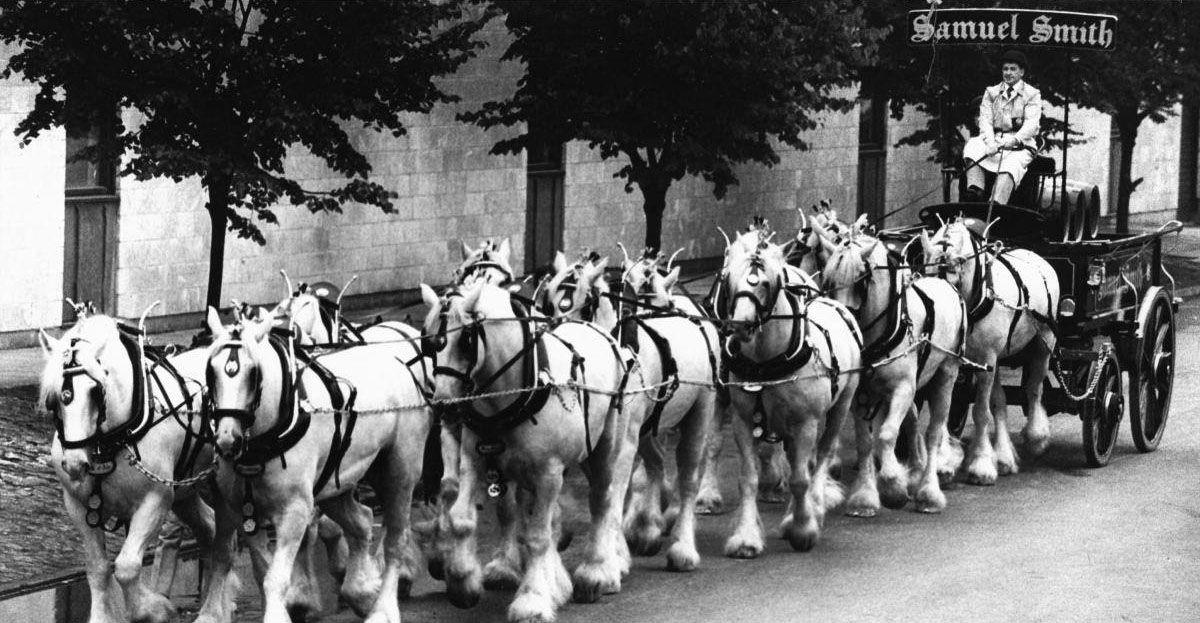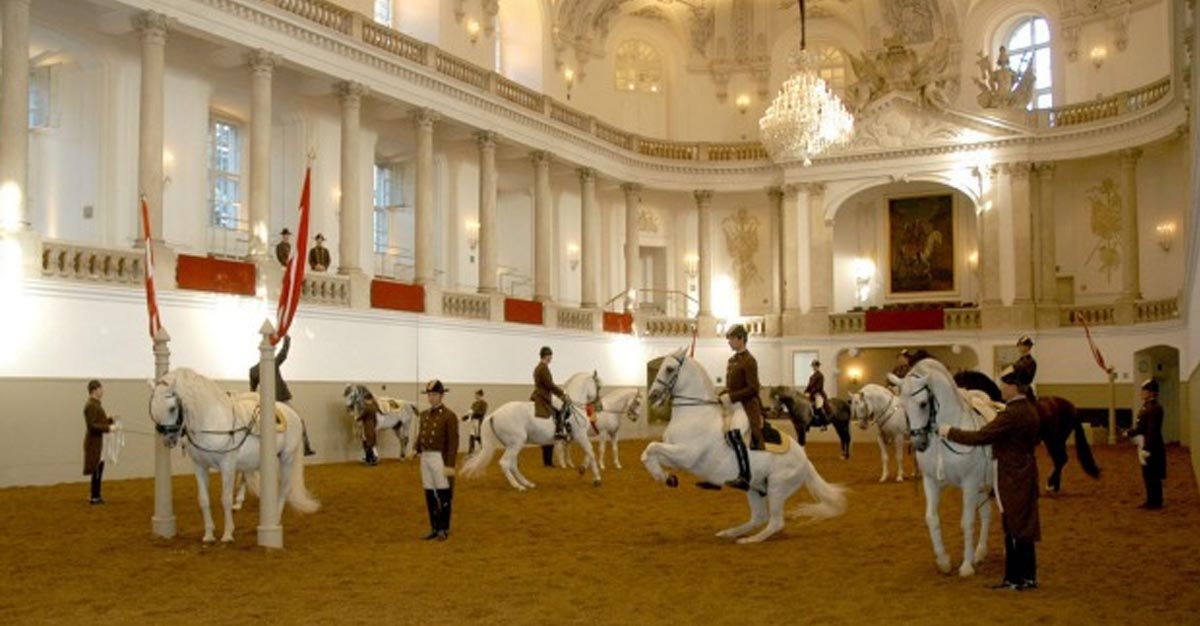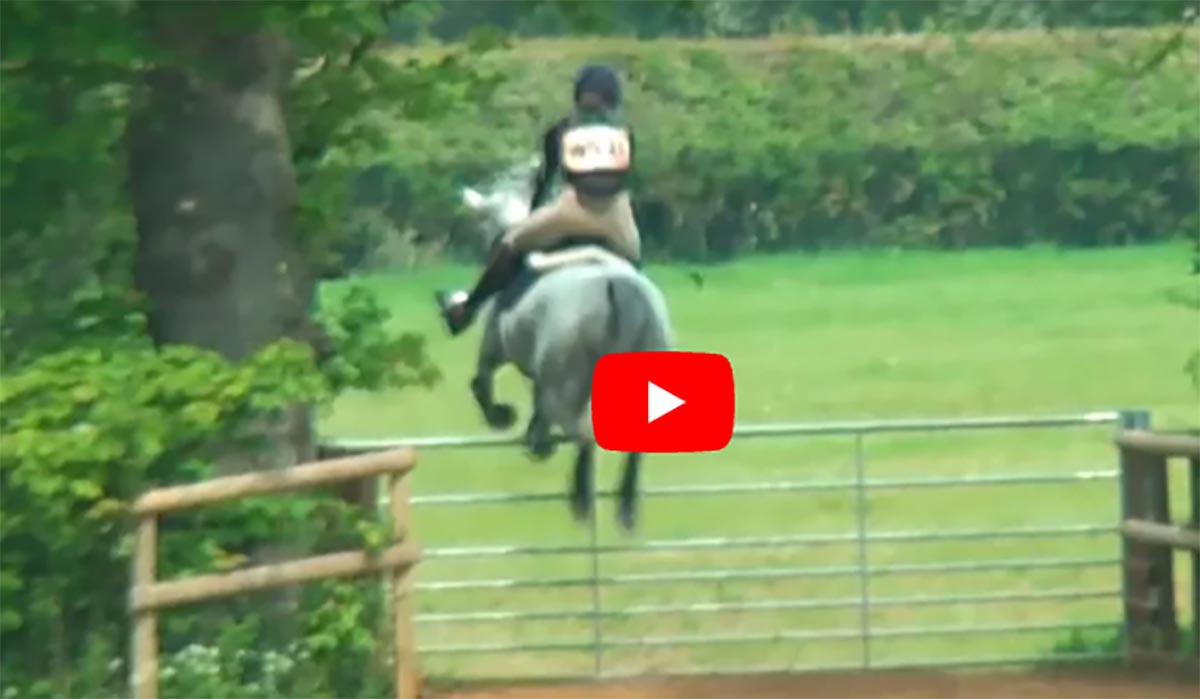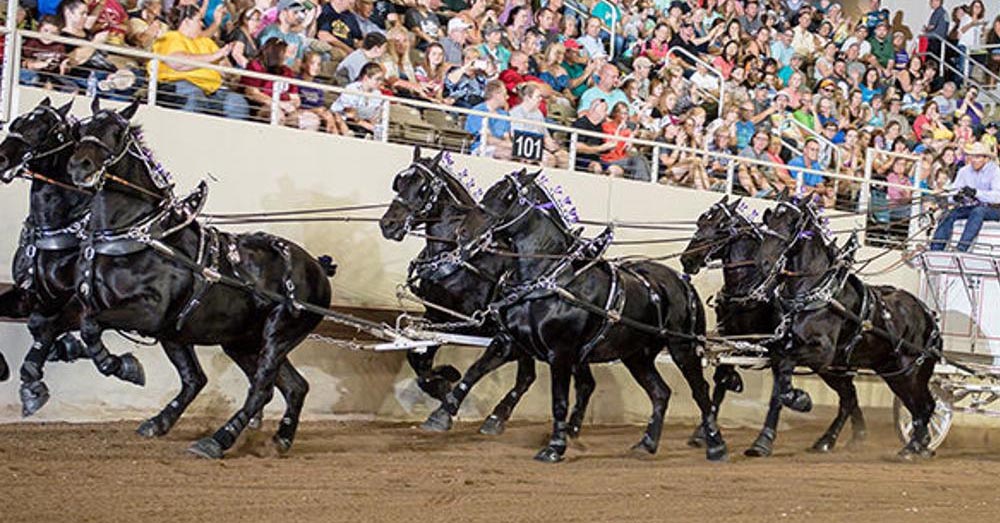Geriatric Horse Care - Assisted Living For Our Equine Retirees
Geriatric horse care is a modified version of the good daily horse care that you have already been providing for your equine. Horses can have very long lives. The oldest horse on record, Old Billy, lived to be 62 years of age in England. Although this is a rarity, many horses and ponies do have an average lifespan of 25-30 years.
Considered a senior at 20 years of horse age, the equivalency would be that of a 60 year old person.
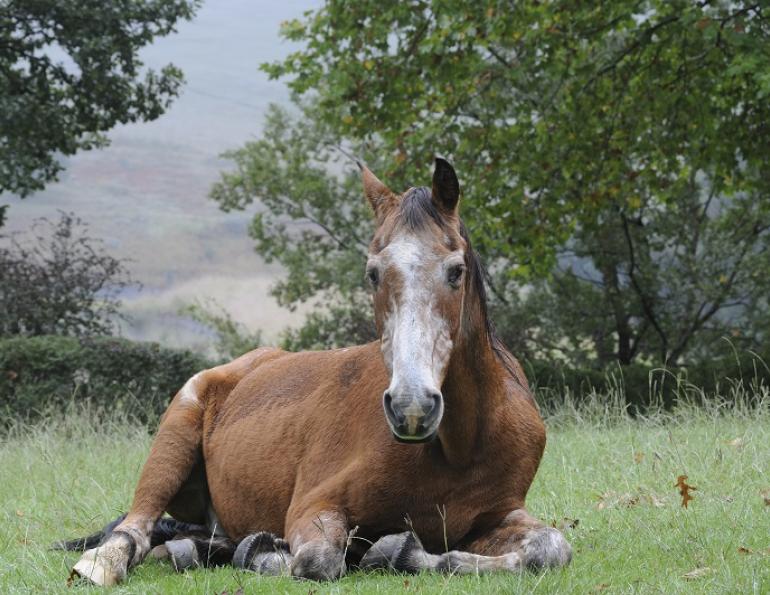 Although geriatric horse care will differ according to individual needs, there are certain horse care and feeding changes that will undoubted shift.
Although geriatric horse care will differ according to individual needs, there are certain horse care and feeding changes that will undoubted shift.
The most important aspect to help your geriatric horse maintain his/her best quality of life is the allowance of free movement most of, if not all, of the time. A sedentary or stalled horse that has limited daily exercise or movement will display the effects of this lifestyle listed below.
These and other horse health problems may be minimized for the mobile equine. Providing a safe, horse pasture setting that will include horses of comparable age, sex, and temperament is a great plan for geriatric horse care.
This pasture should be equipped with a sturdy horse fence, an easily accessible horse waterer, horse shelter, horse hay feeder, and feed buckets spaced far enough apart to allow non-competitive eating. This photo is a good example.
In fact, there are a growing number of horse retirement facility options providing just this type of specialized geriatric horse care.
Horse vaccination protocols may need modification as decreasing immunity can occur during advanced age. Respiratory diseases, horse allergies, equine metabolic syndrome, and PPID, better known as cushings disease in horses, are also common during the senior years.
Horse parasites present a constant battle. Horse flies and other insects will require external weapons such as a horse fly mask or horse fly spray. Internally, horse worming, or more corrected stated, horse de-worming, is always important.
Your horse deworming protocol will be much more effective, and often less expensive, if you have a fecal egg count done prior to administering any product.
Identifying the type and number of parasite larvae/eggs that each horse sheds in their manure dictates which horse worming product is needed. This is accomplished by promptly submitting a fresh fecal sample from your geriatric horse to your veterinarian for testing. It can also be refridgerated overnight for next day testing. Typically you will have results within one or two days.
Floating horse teeth and routine horse dental care are very important. Many geriatric horse health problems can stem from poor dental quality. Sharp, broken, worn down, or missing teeth are all quite common in the geriatric horse.
Spaces or pockets can also form around the horse`s teeth holding debris that often leads to periodontal disease. Inability to properly chew may cause horse choke, malnutrition, inadequate digestion, or horse colic.
Dietary adjustments are often helpful. Several types of pelleted horse feed offer the option of making a mash that will not require chewing. Some of these types of pelleted horse feed can even supply the forage requirement if your senior cannot chew horse hay or grass.
If horse choke is a problem, with or without teeth, it may be beneficial to place several large stones in the feed bucket. This will cause your equine to eat more slowly and pick around the stones.
The gastrointestinal tract of geriatric horses is another area that may dictate adjustments in equine nutrition or equine supplements. Decreased efficiency of absorption and digestion can induce chronic weight loss and horse colic. The horse grain and horse hay will undoubtedly be a primary component of care for the geriatric horse, and as always, consultation with your veterinarian is a must.
Regular visits from your horse farrier are still just as necessary to maintain good horse hoof health and address any issues that may be supported with appropriate equine shoeing such as equine founder, club foot, or ligament/tendon issues.
Injuries or problems with ligaments and tendons are areas that may present challenges. Many options for treatment are available and could provide your horse with added years of comfortable mobility.
If your geriatric horse approaches the end of a long life and begins to suffer with issues that compromise his/her comfortable, pain-free golden years, you may have to make a difficult but necessary decision about equine euthanasia.
This is never an easy time, but honouring the life of your beloved equine by choosing not to prolong any pain or suffering that is undoubtedly incurable, is truly a selfless act.
Euthanizing, or "putting your horse down" is a painless, fairly quick, procedure that most horse veterinarians will handle with respect and compassion for your horse, as well as you, the owner.
As is quite apparent, even though your horse has retired, you the owner are not retired from providing excellent geriatric horse care.

Considered a senior at 20 years of horse age, the equivalency would be that of a 60 year old person.
 Although geriatric horse care will differ according to individual needs, there are certain horse care and feeding changes that will undoubted shift.
Although geriatric horse care will differ according to individual needs, there are certain horse care and feeding changes that will undoubted shift.The most important aspect to help your geriatric horse maintain his/her best quality of life is the allowance of free movement most of, if not all, of the time. A sedentary or stalled horse that has limited daily exercise or movement will display the effects of this lifestyle listed below.
- Body weight issues
- Arthritis in horses
- Equine joint problems
- Horse respiratory problems
- Horse cribbing
- Depression
- Equine gastric ulcers
These and other horse health problems may be minimized for the mobile equine. Providing a safe, horse pasture setting that will include horses of comparable age, sex, and temperament is a great plan for geriatric horse care.
This pasture should be equipped with a sturdy horse fence, an easily accessible horse waterer, horse shelter, horse hay feeder, and feed buckets spaced far enough apart to allow non-competitive eating. This photo is a good example.
In fact, there are a growing number of horse retirement facility options providing just this type of specialized geriatric horse care.
Horse vaccination protocols may need modification as decreasing immunity can occur during advanced age. Respiratory diseases, horse allergies, equine metabolic syndrome, and PPID, better known as cushings disease in horses, are also common during the senior years.
Horse parasites present a constant battle. Horse flies and other insects will require external weapons such as a horse fly mask or horse fly spray. Internally, horse worming, or more corrected stated, horse de-worming, is always important.
Your horse deworming protocol will be much more effective, and often less expensive, if you have a fecal egg count done prior to administering any product.
Identifying the type and number of parasite larvae/eggs that each horse sheds in their manure dictates which horse worming product is needed. This is accomplished by promptly submitting a fresh fecal sample from your geriatric horse to your veterinarian for testing. It can also be refridgerated overnight for next day testing. Typically you will have results within one or two days.
Floating horse teeth and routine horse dental care are very important. Many geriatric horse health problems can stem from poor dental quality. Sharp, broken, worn down, or missing teeth are all quite common in the geriatric horse.
Spaces or pockets can also form around the horse`s teeth holding debris that often leads to periodontal disease. Inability to properly chew may cause horse choke, malnutrition, inadequate digestion, or horse colic.
Dietary adjustments are often helpful. Several types of pelleted horse feed offer the option of making a mash that will not require chewing. Some of these types of pelleted horse feed can even supply the forage requirement if your senior cannot chew horse hay or grass.
If horse choke is a problem, with or without teeth, it may be beneficial to place several large stones in the feed bucket. This will cause your equine to eat more slowly and pick around the stones.
The gastrointestinal tract of geriatric horses is another area that may dictate adjustments in equine nutrition or equine supplements. Decreased efficiency of absorption and digestion can induce chronic weight loss and horse colic. The horse grain and horse hay will undoubtedly be a primary component of care for the geriatric horse, and as always, consultation with your veterinarian is a must.
Regular visits from your horse farrier are still just as necessary to maintain good horse hoof health and address any issues that may be supported with appropriate equine shoeing such as equine founder, club foot, or ligament/tendon issues.
Injuries or problems with ligaments and tendons are areas that may present challenges. Many options for treatment are available and could provide your horse with added years of comfortable mobility.
If your geriatric horse approaches the end of a long life and begins to suffer with issues that compromise his/her comfortable, pain-free golden years, you may have to make a difficult but necessary decision about equine euthanasia.
This is never an easy time, but honouring the life of your beloved equine by choosing not to prolong any pain or suffering that is undoubtedly incurable, is truly a selfless act.
Euthanizing, or "putting your horse down" is a painless, fairly quick, procedure that most horse veterinarians will handle with respect and compassion for your horse, as well as you, the owner.
As is quite apparent, even though your horse has retired, you the owner are not retired from providing excellent geriatric horse care.

